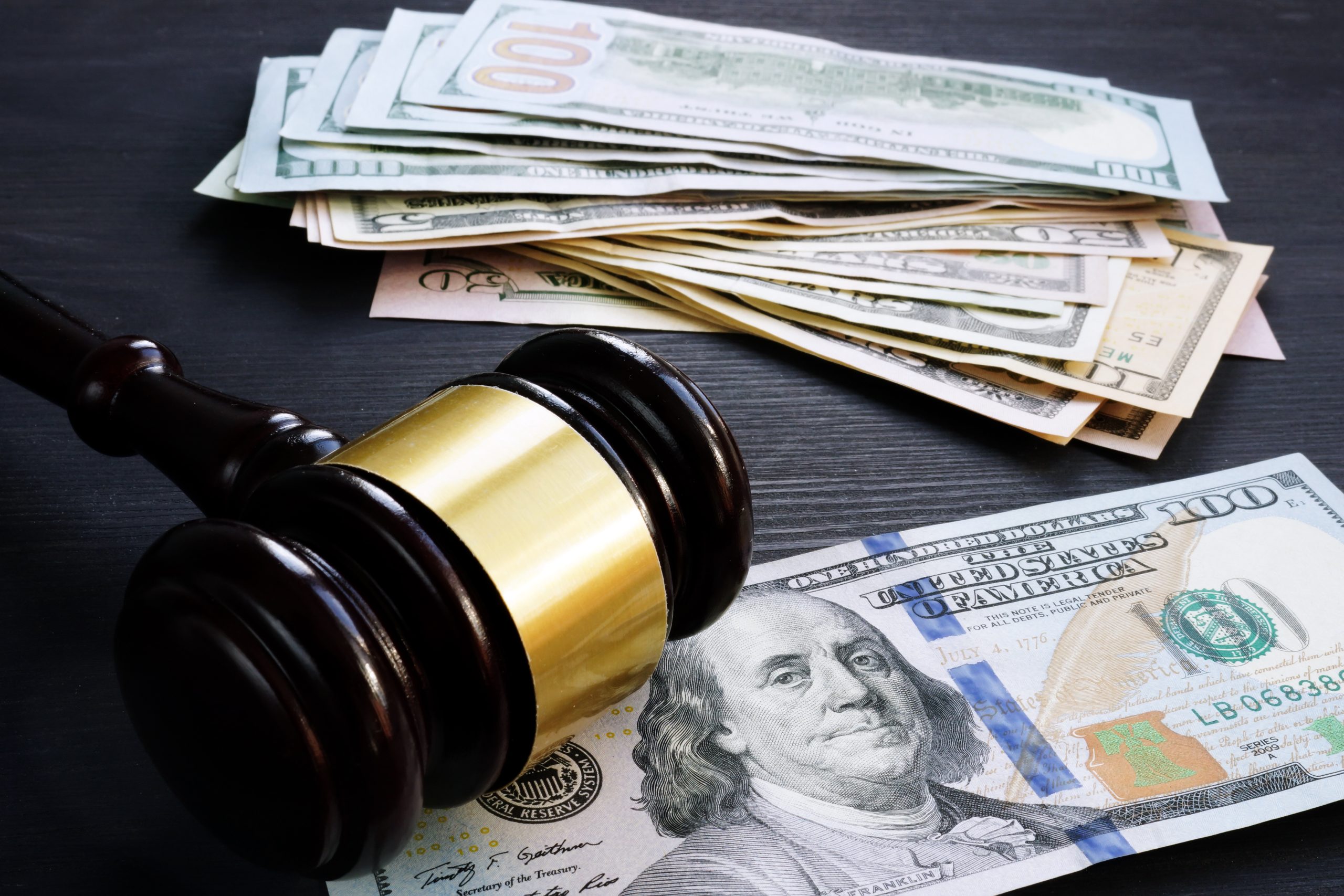Are you in a bind and need help understanding the bail bond process? Don't worry…
Everything You Need To Know About Bail Bonds and How They Work – Guest post

Getting arrested is a frightening experience that can alter the course of your life. Moreover, if you are facing a hard time in jail, it can be challenging and traumatizing both for you and your family. However, bail bonds can provide a solution to this problem. A bail bond is a surety bond that allows an arrested person to get out of jail while waiting for a court trial. This blog post will cover everything you need to know about bail bonds and how they work.
What are Bail Bonds?
Bail bonds are an agreement between the court, a bail bond company, and you. For you to be released from jail, someone must provide bail or pay the full bail amount to the court. A bail bond company will post the bail on your behalf, and in return, you will pay a percentage of the bail amount, which is non-refundable. The premium typically ranges from 10-15% of the bail amount.
Types of Bail Bonds
There are two types of bail bonds: criminal and civil. Criminal bail bonds are used when someone is arrested for a criminal offense, and civil bail bonds are used when someone is arrested for a civil case. Criminal bail bonds also have two subsets- cash bonds and surety bonds. Cash bonds require the full bail amount to be paid in cash, and surety bonds are where the bail bond company posts a bond on your behalf.
The Bail Bond Process
The bail bond process can vary depending on the circumstances of the crime. Once you’re arrested, the bail amount will be set by a judge. After that, the bail bond agent will post the bail amount, and you will pay the premium. You are then released from jail, and you will have to attend all court hearings and comply with court orders, failure which the bail bond agent may revoke your bond and report you to the authorities.
The Role of a Bail Bond Agent
A bail bond agent acts as a mediator between you and the court. They are responsible for posting the bail on your behalf, ensuring you attend all court hearings, and comply with court orders. They also collect payments, answer any questions you may have about the process, and assist you in navigating the legal system while out on bail.
Bail Bond Fees and Payment Options
As mentioned earlier, the premium for a bail bond is typically 10-15% of the bail amount and is non-refundable. The fee is higher for larger bail amounts, and the defendant and collateral (property or assets used for collateral) must be well-vetted due to the high risk involved. Most bail bond companies accept cash and credit cards, but some may offer payment plans to help you manage the cost of the premium.
Getting arrested and jailed can be a traumatic and difficult experience. However, understanding how bail bonds work can help relieve some of the jail stress. A bail bond agent can assist you in navigating the legal system while providing a way to be released from jail while waiting for your court trial. While the process can be complicated and requires a considerable cost, knowing your options can make a difference in navigating the legal system. Contact a reputable bail bond company and hire a bail bond agent to help you get through the difficult journey.

